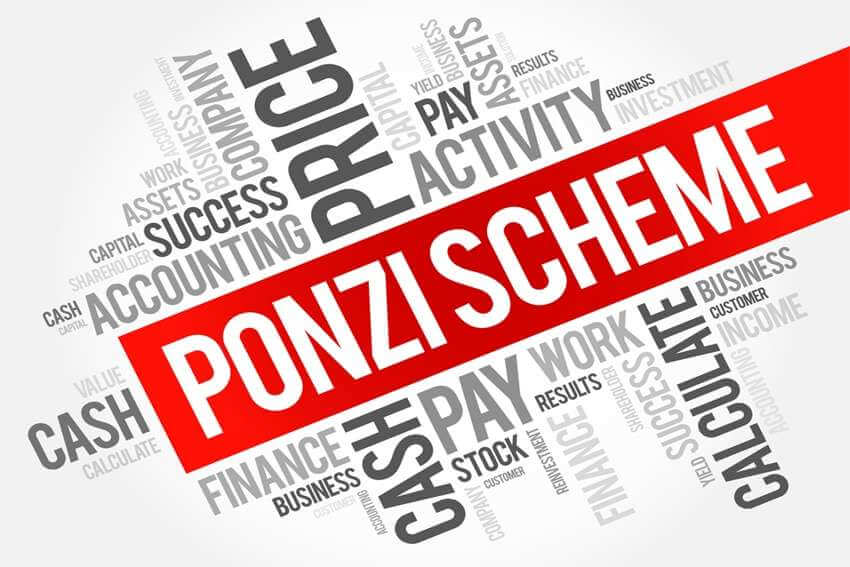Everyone wants to be rich. Or to at least have financial freedom. Unfortunately, some people want to take advantage of this desire. And if you are not careful, you might fall victim to fraud.
Ponzi schemes are one of the most common types of fraud out there, which can be devastating on people’s lives. That is why in this article, you will learn what you can do about it if ever you fall victim to one.
Table of Contents
What Is a Ponzi scheme?
A Ponzi scheme is a type of investment fraud in which existing investors receive funds collected from new investors. The organizers of this fraud will often promise you that you will have high returns from your investment with little to no risk. That is why many people fall victim to them.
Because there are no legitimate earnings, a Ponzi scheme will need a constant flow of money to ensure that the operation will survive. So organizers will encourage their current investors to recruit new investors. When there are no new members to recruit, or some investors try to cash large amounts of money, the scheme will suddenly collapse, leaving you wondering what happened to all your money.
The term Ponzi scheme came from Charles Ponzi, a con artist who fooled investors with a postage speculation scheme in the 1920s.
What Can You Do If You Have Fallen Victim to a Ponzi scheme?
Typically, when people fall victim to fraud, the first thing they do is contact the local authority. There is logic to that. But if you want to get the upper hand on these fraudsters, it would be best to call a Ponzi scheme attorney first.
That is because when a Ponzi scheme collapses, your attorney can help reduce the damage it has done by securing whatever assets remain. You will not get all your money back. But at least some of it will return.
Plus, they will help with the case too, when you decide to go to court. Things can get complicated with fraud cases, especially with their process. So. to ensure that people who have done you wrong get what they deserve. Hiring a Ponzi scheme attorney is your best bet.
The “Red Flags” Of a Ponzi scheme
Ponzi schemes share many common characteristics, which makes them easier to spot. So if you think someone is operating a Ponzi, below are the warning signs you should look out for:
High returns with little to no risk
If it sounds too good to be true, it probably is. Every investment has risks, and the bigger it is, the bigger the risk. That is why investors do their research first before investing their money.
If someone comes up to you with an investment opportunity and guarantees you that you will have high returns with little to no risks, it would be best for you to ignore it and move along.
Overly Consistent Returns
Investment can go up and down. That is just how the market works. So if your returns are consistent and are not affected by the market, you should be suspicious about it.
Unregistered Investments
Typically, a Ponzi scheme will have no registration by the SEC or other state regulators. If you’re investing in something that is not registered, it will be hard to access information about the company.
Unlicensed sellers
Other than the company, sellers, firms, and other investment professionals need licenses and registration to be credible. So it’s essential to ask someone’s credentials first before giving your money to them.
Secretive and Complex Strategies
If you are having a hard time understanding the strategies or obtaining information about a company, it would be best to take your money somewhere that is open and easier to understand.
Difficulty Receiving Payments
As was said before, a Ponzi scheme can collapse if some investors will cash out large amounts of money. So organizers will try to stop or make it difficult to withdraw your money. They’ll often promise you higher returns if you let your money stay put.
Conclusion
It can be extremely distressing to fall victim to a Ponzi scheme, especially if you put a lot of your money into them. So if you know someone who has fallen victim to one, it would be best to give them support.
Be sure to share this article, too, so you can prevent people from giving their money to Ponzi schemes.

